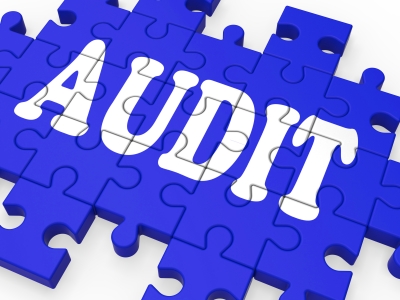Philippine President Rodrigo Duterte has revived the post-clearance audit function and returned it to the Bureau of Customs (BOC) from the Department of Finance (DOF).
Executive Order (EO) No. 46 series of 2017, signed by Duterte on October 20, transfers back the post-clearance audit function to BOC from DOF, and also renames the audit unit, formerly called Post Entry Audit Group (PEAG), as Post Clearance Audit Group (PCAG), which is to be under the direct supervision of the customs commissioner.
READ: BOC yields post-entry audit functions to new DOF unit
EO 46-2017 takes effect 15 days after it is published in a newspaper of general circulation.
The PCAG is mandated to conduct—within three years from the date of final payment of duties and taxes or customs clearance—audit examination, inspection, verification, and investigation of records pertaining to any goods declaration in order to ascertain the ascertain the correctness of the goods declaration and determine the liability of the importer for duties, taxes, and other charges, including any fine or penalty.
Goods declaration shall include statements, declarations, documents, and electronically generated or machine-readable data.
PCAG will be headed by an assistant commissioner, to be appointed by the President upon the recommendation of the customs commissioner through the finance secretary. BOC is an attached agency of DOF.
The PEAG was created in 2003 under EO 160-2003 to perform the post-clearance audit work of BOC. In 2013, the functions of PEAG were transferred to the Fiscal Intelligence Unit (FIU), then a newly created office under DOF.
EO 46-2017 notes that the Customs Modernization and Tariff Act (CMTA) mandates BOC “to conduct audit examination, inspection, verification, and investigation of transaction records of importers and brokers.”
The assistant commissioner shall exercise direct supervision and control over the management of the operating units of PCAG, which include the Trade Information and Risk Analysis Office (TIRAO) and Compliance Assessment Office (CAO).
TIRAO and CAO will be headed by a director.
The customs commissioner, with the approval of the finance secretary, is authorized to determine the number of personnel required by PCAG and order the reassignment of organic personnel to the newly created group.
Subject to the principles of economy, efficiency and effectiveness, the Customs commissioner shall also recommend necessary changes to the personnel and staffing of PCAG and, with the approval of the finance chief, submit the proposed changes for evaluation by the Department of Budget and Management.
Among TIRAO’s functions are to review available data to determine compliance markers of industry and set benchmarks for developing an audit program for approval by the customs commissioner; develop, in coordination with BOC’s Management Information System and Technology Group, a computer-aided risk-based management system for profiling and identifying potential priority audit candidates; and develop policies, guidelines, manuals, and standard operating procedures for the audit process.
CAO’s functions include the following: prepare the audit work plan, scope and approach for the approved audit candidates; conduct audit examination, inspection, verification, or investigation of records; and establish and maintain a customs compliance program.
FIU, meanwhile, has been renamed Financial Analytics and Intelligence, and will act as the data analytic unit of DOF for the purpose of revenue management.
FIU has been tasked to transmit to PCAG all files and documents of any pending post clearance audits once EO 46-2017 takes effect. – Roumina Pablo









